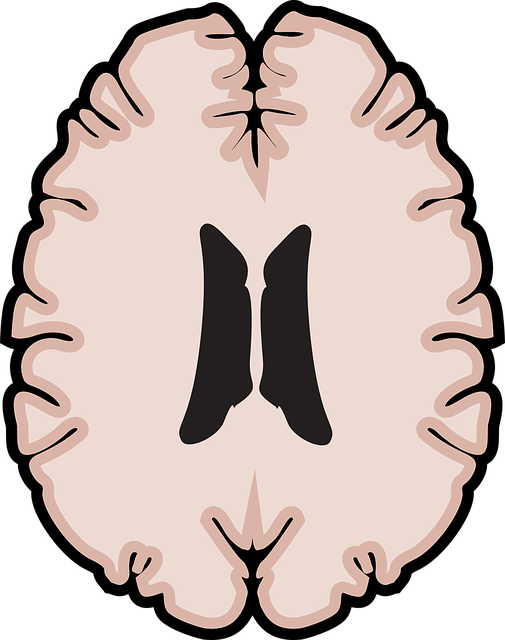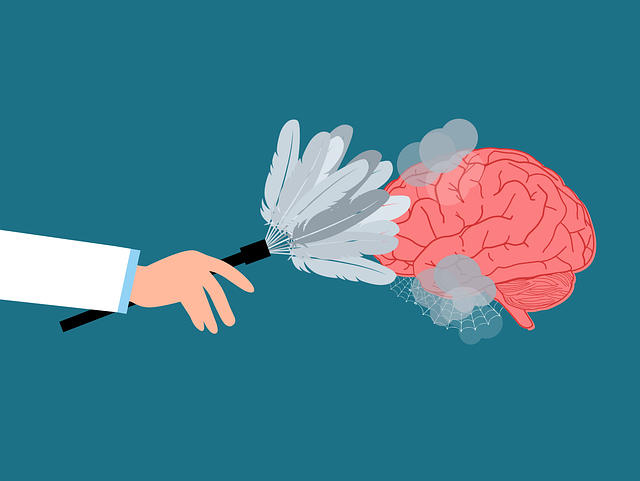In mental healthcare, cultural sensitivity is vital for effective treatment, especially with diverse patient backgrounds. Parker Stress Management Therapy (PSMT) is a culturally responsive approach that tailors coping mechanisms to individual needs and beliefs, improving stress and anxiety management across cultures. Building trust and communication through client-centered therapy, cultural competency training, language skills, and holistic models like PSMT, along with outreach programs and mindfulness meditation, ensures better access to care and positive mental health outcomes for all communities, addressing systemic issues and enhancing therapist-client connections.
Cultural sensitivity is an essential aspect of modern mental healthcare, ensuring effective treatment for a diverse range of patients. This article explores the critical role of understanding cultural diversity in mental health practices, with a focus on the Parker Stress Management Therapy (PSMT) approach. We delve into strategies that promote trust and culturally sensitive communication, highlighting their impact on patient outcomes. By examining these methods, healthcare professionals can provide tailored care, respectful of diverse beliefs and backgrounds, ultimately improving treatment accessibility and success.
- Understanding Cultural Diversity in Mental Healthcare
- Parker Stress Management Therapy: A Culturally Sensitive Approach
- Strategies for Building Trust and Effective Communication
Understanding Cultural Diversity in Mental Healthcare

In the realm of mental healthcare, recognizing and respecting cultural diversity is paramount to delivering effective treatment. The field is increasingly diverse, with patients coming from various ethnic, racial, religious, and socioeconomic backgrounds, each bringing unique perspectives and experiences that shape their mental health journeys. This cultural mosaic necessitates a nuanced approach to therapy, where practitioners must adapt their practices to meet the specific needs of every individual. For instance, Parker Stress Management Therapy has been instrumental in assisting folks with emotional regulation by incorporating culturally sensitive techniques tailored to diverse populations.
Understanding these cultural nuances allows mental health professionals to offer more personalized care. This might involve modifying therapeutic methods, ensuring language accessibility, and considering the impact of systemic issues on an individual’s mental wellness. Incorporating practices like Mental Wellness Journaling Exercise Guidance can be a powerful tool for promoting self-reflection and emotional awareness while being sensitive to different cultural expression styles. Additionally, building confidence through culturally responsive care enables clients to engage more openly in their healing process, fostering a deeper connection with their therapists.
Parker Stress Management Therapy: A Culturally Sensitive Approach

Parker Stress Management Therapy (PSMT) is a culturally sensitive approach that has gained recognition for its effectiveness in addressing various stressors across diverse populations. This therapy focuses on teaching individuals coping mechanisms to manage stress, anxiety, and related mental health issues. PSMT adapts to cultural contexts, ensuring that interventions are tailored to the unique needs and beliefs of different communities. By integrating cultural considerations, healthcare providers using PSMT can enhance the therapeutic process and improve client outcomes.
Incorporating cultural sensitivity in mental healthcare involves training for healthcare provider cultural competency, which is a crucial aspect of public awareness campaigns development. This includes understanding the impact of cultural factors on stress perception and response, as well as learning to navigate the intricate web of social norms and values. Through such training, healthcare providers become better equipped to deliver culturally competent care, fostering trust and promoting positive mental health outcomes for all individuals, regardless of their cultural backgrounds.
Strategies for Building Trust and Effective Communication

Building trust and establishing effective communication are fundamental aspects of cultural sensitivity in mental healthcare. To foster a safe and supportive environment, therapists should incorporate strategies that acknowledge and respect clients’ diverse backgrounds, beliefs, and experiences. One such approach is adopting a client-centered perspective, where practitioners actively listen to and validate individual perspectives, ensuring their words and actions align with the client’s cultural frame of reference. This involves being open to learning about different cultural practices and incorporating them into therapy, as opposed to imposing one’s own values or assumptions.
For instance, therapists can engage in cultural competency training, learn basic language skills relevant to their clients’ backgrounds, and stay informed about community resources that align with diverse cultural needs. The Parker Stress Management Therapy model emphasizes this holistic approach, encouraging mental wellness coaching programs development that consider not just individual experiences but also the broader social and cultural contexts that shape them. Additionally, implementing community outreach program initiatives can help bridge gaps between healthcare providers and underrepresented communities, fostering better access to care and improving overall mental health outcomes. Mindfulness meditation practices have also shown promise in cultivating present-moment awareness while respecting cultural boundaries, allowing individuals to explore their emotions and experiences in a culturally sensitive manner.
Cultural sensitivity is paramount in mental healthcare, ensuring effective treatment and improved patient outcomes. By understanding cultural diversity and employing approaches like Parker Stress Management Therapy, professionals can create inclusive environments that build trust and facilitate meaningful communication. These strategies are essential for navigating the complex landscape of diverse mental health needs, ultimately fostering a more compassionate and accessible care system.














